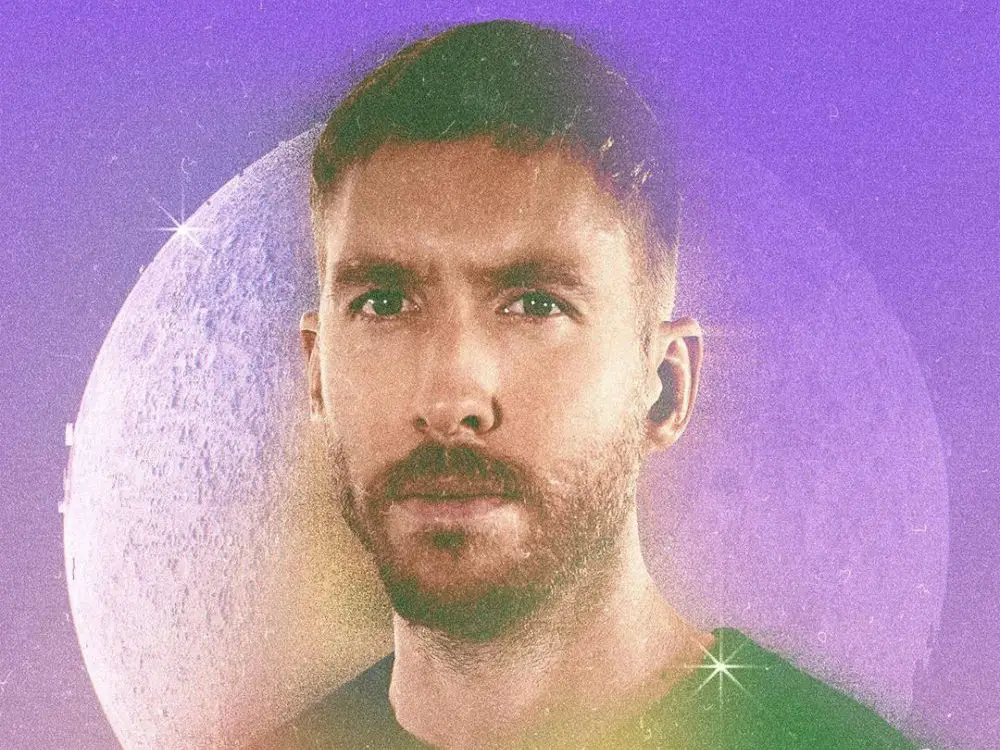Dance music is split into many subgenres, each with their own speed, distinct flavor and, sometimes, even subgenres of their own. Having to choose from more than 200 styles must be hard for DJs when finding their own preferred genre, much less to sticking to it. Surprisingly, many DJs have had such a hard time keeping to their own genre that they make music under multiple aliases to continue to make their fans happy while pursuing their own creative freedom.
Other artists have come together to produce work under a single alias. Skrillex teamed up with Boys Noize and Diplo and produced music under the names Dog Blood and Jack Ü, respectively. Major Lazer, who has had nine songs that have reached the Top 10 of Billboard’s Hot Alternative chart, is actually three different artists: Diplo, Walshy Fire and Ape Drums.
Whatever the reason behind their creation, DJs taking on multiple aliases is actually a more common practice than you probably thought. Here are some of the most popular EDM artists of the decade who produce music under multiple aliases and project names:
1. Diplo / Jack Ü, Major Lazer, LSD, Silk City and Thomas Wesley
On top of Jack Ü and Major Lazer, Diplo has two other aliases that involve other wildly talented artists — LSD and Silk City.
The first of these is called LSD, a group that also includes pop star Sia and singer-songwriter Labrinth. When these three talented artists get together, they make music that can only be described as electro psychedelic power-pop. “Thunderclouds” is the trio’s most popular track, which is well known for its appearance in the Samsung Galaxy Note9 commercial.
Silk City is another duo that Diplo formed in 2018 with DJ Mark Ronson to produce house music. Silk City’s most notable song to date is their hit single, “Electricity,” with Dua Lipa, which reached No. 5 on the Billboard’s Top 100 Charts.
On top of all these shared aliases, Diplo has one last solo alias, Thomas Wesley. It’s under this name that Diplo released his EDM country crossover album, “Diplo Presents Thomas Welsey Chapter 1: Snake Oil.” Although the project sounds like a practical joke, the track “Heartless,” featuring Morgan Wallen, reached No. 37 on Billboard’s Adult Top 40 and has racked up almost 170 million listens on Spotify.
2. RL Grime / Clockwork
In RL Grime’s case, he ditched his original name, Clockwork, and became popular using his second alias.
From 2011 to 2014, RL Grime was known as Clockwork and produced what EDM Sauce calls tribal house music. There is a stark contrast not only between the artist’s two styles, but also between the level of popularity for each alias.
Clockwork’s most listened-to song is called “Surge.” The track has just over 1 million streams on Spotify and features composer, producer and vocalist Wynter Gordon. In comparison, RL Grime’s most popular song, “UCLA,” has nearly 90 million listens on the streaming platform.
In an interview with Acclaim Magazine, the “Nova” artist takes a moment to explain his struggle with feeling trapped in a genre while working as Clockwork:
“Genre is something really easy to slip into and is something I experienced when I made music as Clockwork. I kind of just kept making big house songs at 128 BPM and never really strayed from that. The change came when I decided I didn’t want to do the same thing anymore, and I haven’t looked back since.”
Under the name RL Grime, this EDM artist is able to find freedom with his new sounds. “As long as I know in my head that I’m making what I want, it’ll all fall into the package that is RL Grime right now.”
3. Calvin Harris / Love Regenerator
Calvin Harris is one of the most well-known DJs on Earth. More than 20 of his tracks have been on Billboard’s Top 100 and his song “We Found Love” with Rihanna peaked at No. 1 in 2011.
You’d think with all the success that surrounds the name Calvin Harris, the electropop artist would make a point to stick with it. Surprisingly, he made the decision to change his name to Love Regenerator in early 2020.
It seems the pop star has started migrating toward a trippier sound with the release of four EPs and one single that fit under the acid-house genre. The artist has started to gain traction under this new name with multiple tracks on Spotify reaching almost 10 million listens.
Why the change? The DJ admits that he feels the name Calvin Harris is starting to accrue a negative connotation among fans. “The fake name has been around for a long time and it’s served me well… It’s still around but there’s just a little bit of negativity from me creeping around that name.”
Who doesn’t love a fresh start? It’s admirable that Calvin Harris has chosen to build up a new name with a blank slate, and it has surely become a COVID-19 project in parallel with many other DJs.
4. Porter Robinson / Virtual Self
Porter Robinson is known for his unique sound that invokes emotions of unadulterated joy and hope. His music is inspired by the tracks heard in Japanese anime and video games.
Porter Robinson takes these passions in a new direction with his new project, Virtual Self. Inspired by his experience of the early 2000s, the synthpop DJ revisited the video games he played, his search history and the forums he frequented as a preteen.
In an interview with Billboard, he points out that when reminiscing about the early 2000s, most people will rave about the great strides made in pop and R&B during that time period. Robinson wanted to preserve that time with a different point of view.
This period of Porter Robinson’s life was spent consuming Japanese media. His goal with Virtual Self is to create a time capsule that represents his own experiences so his fans who had similar childhoods can feel a similar sense of nostalgia.
Since 2017, Virtual Self has released a self-titled EP and two singles titled “Ghost Voices” and “ANGEL VOICES.” His new music fits under the trance genre, but just as he made the style his own as Porter Robinson, he has done the same with Virtual Self.
There are many different reasons an artist may develop a new alias, but there is no doubt that the changes these artists have been making are interesting and exciting to fans both new and old.
You’d be surprised how many more artists are using aliases to move beyond their original genres and give them the freedom to create whatever they want. Next time you’re listening to your favorite DJs, do a quick Google search to find out if they make music under a different name. Not only will you continue to support the artist you love, but you might also find that this “new” artist was just what you were looking for to complete your music library.
















